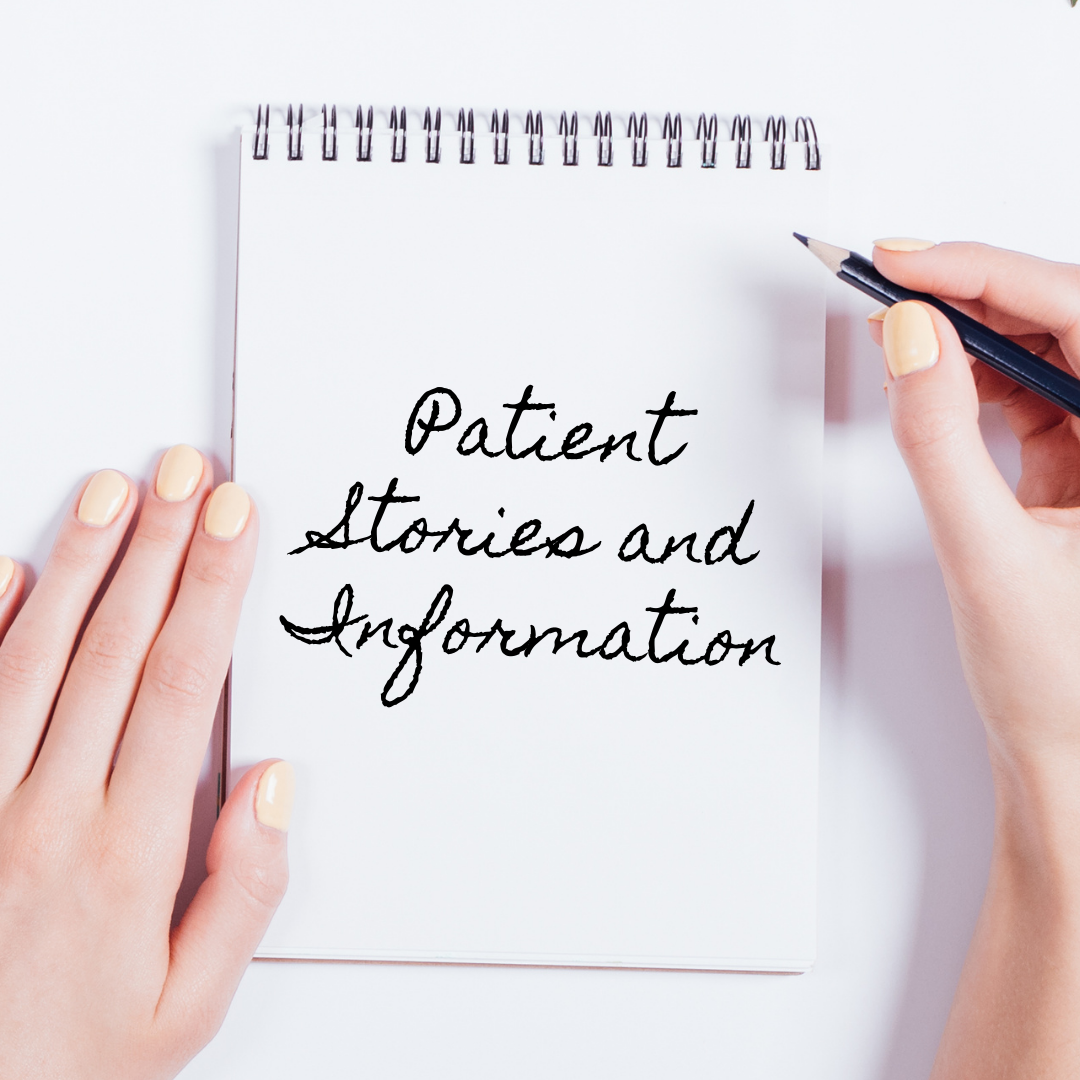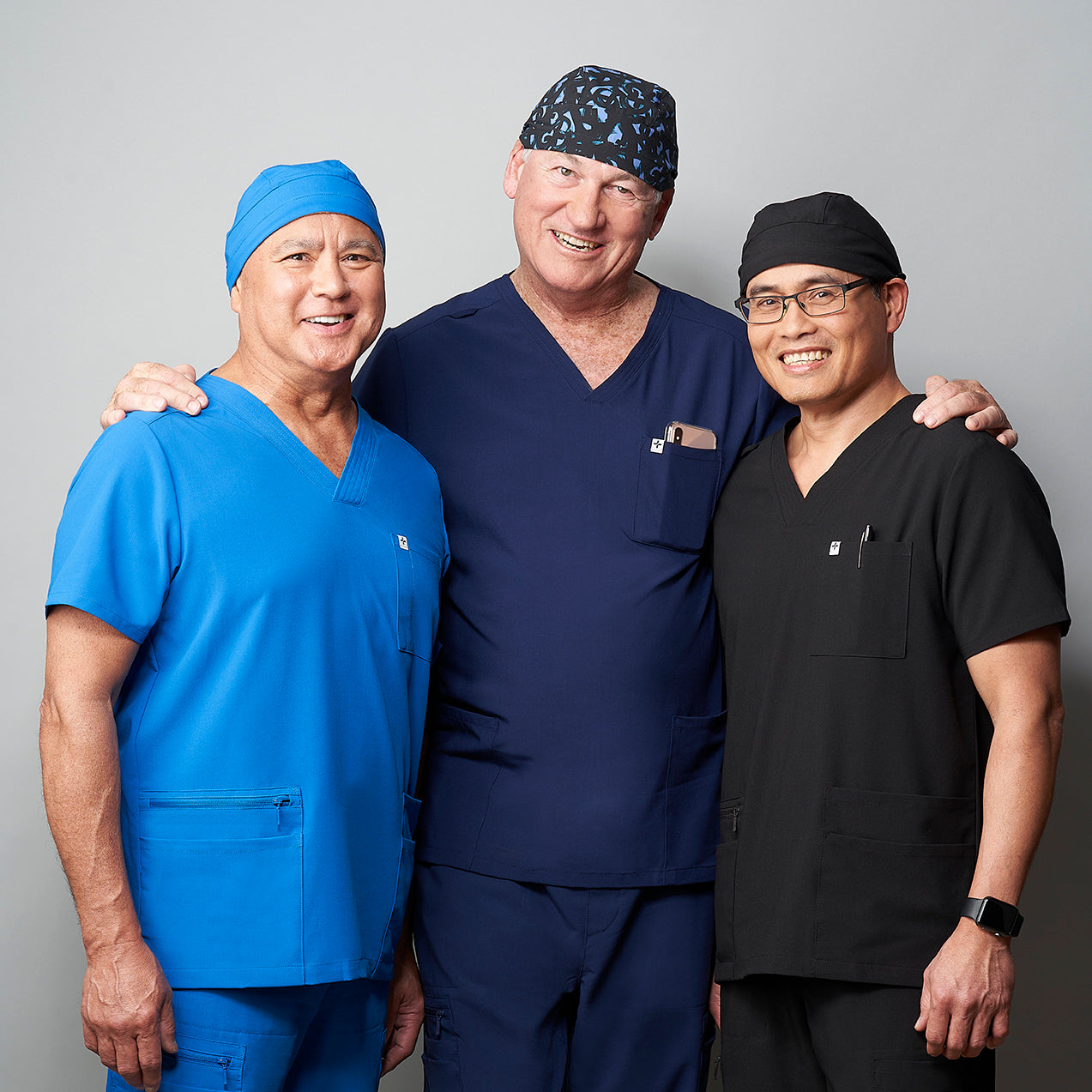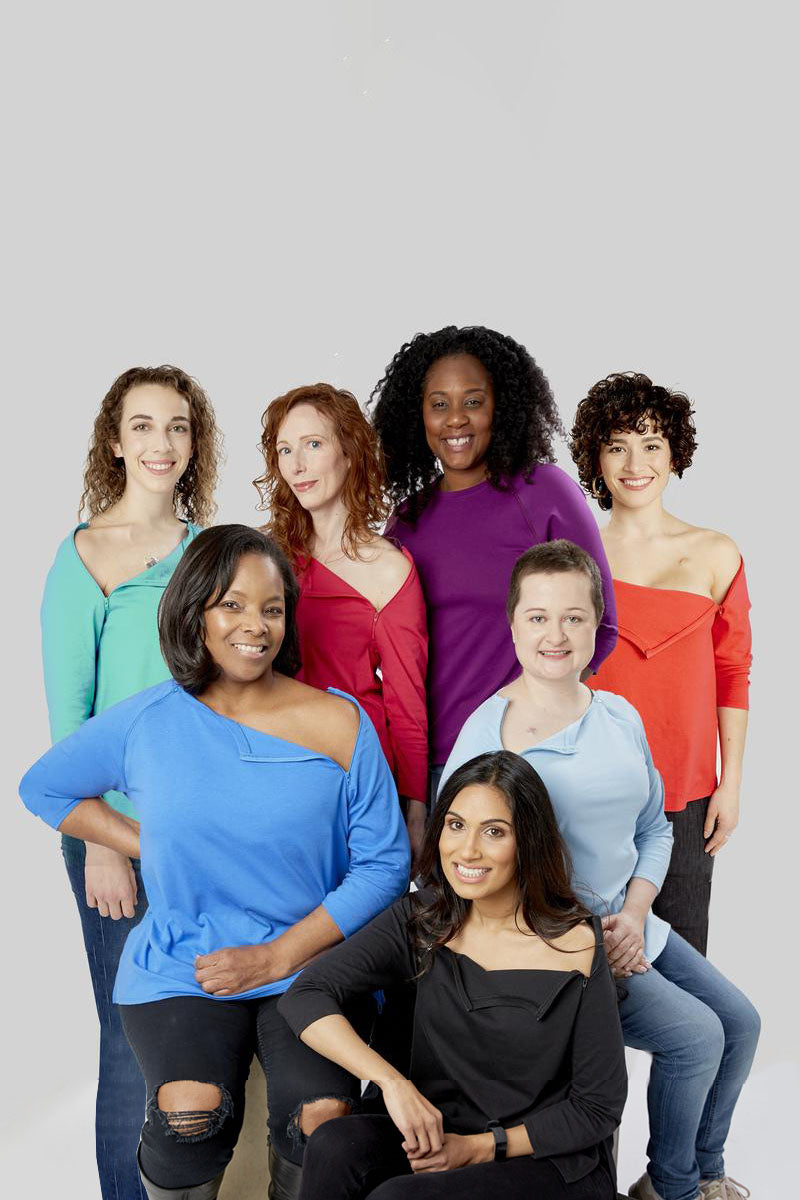 About The Author: Sarah is a high school Spanish teacher living in Texas with her husband, dog, and cat. She has several chronic illnesses, including EDS, Chiari Malformation, Gastroparesis, and MCAS. She enjoys yoga, baseball, naps, educating others on chronic illness, and living life to the fullest.
About The Author: Sarah is a high school Spanish teacher living in Texas with her husband, dog, and cat. She has several chronic illnesses, including EDS, Chiari Malformation, Gastroparesis, and MCAS. She enjoys yoga, baseball, naps, educating others on chronic illness, and living life to the fullest.
A Childhood Filled With Symptoms
I’ve been sick for as long as I can remember— I constantly struggled with allergies, ear infections, and pneumonia as a child. I was also injured more than the other kids, yet had a hard time figuring out what actually caused many of my injuries. It was frustrating to sit on the sidelines so much when all I wanted to do was to be normal.
As I got older, I felt like I was falling apart. I kept getting hurt doing mundane things, I started having anaphylactic reactions to things I’d never been allergic to before, and headaches and migraines made going to classes consistently nearly impossible. I was in pain all the time and no one could tell me why. All I wanted was a chance to be normal and to understand what was happening with my body.
Reaching An EDS Diagnosis
After a long string of thumb and wrist injuries my senior year in college, I was sent to a hand surgeon for further evaluation. After my reconstruction surgery, my hand surgeon asked me if I’d ever heard of Ehlers-Danlos Syndrome— she’d never actually had a patient with it, but had learned about it in school and felt like I ticked all the boxes. I spent almost a year researching and trying to learn what I could about an illness that basically described my life word for word. I met with a geneticist in May of 2015 and was diagnosed with EDS almost immediately. After over 20 years of constant pain, exhaustion, headaches, injuries, reactions, and passing out, I finally had an answer. I finally had a reason for everything that was going on in my body.
The last 7 years have been a journey of understanding what my diagnosis means and how I can live my life to the fullest. It’s hard to have an illness that not many know about. After a lot of trial and error, I’ve been fortunate to establish a team of doctors that work hard to help figure out the mystery that is my body. I have an amazing network of friends who support me in so many ways. And I now have a husband who accepts me and my illnesses, even though it’s often less than glamorous.
Chronic Illness During The Pandemic
This past year has been one of the hardest in my entire chronic illness journey. All of the things I have issues with have been lifelong, but they’ve been exacerbated greatly in the past 12 months. The current theory that my doctors have is that I had COVID at the very beginning of the pandemic, before testing was readily available and before we really knew much about it. It makes sense— I had pneumonia pretty badly in mid-March that knocked me off my feet for a little over a week. I remember practically living on the couch, unable to eat or drink much, and having terrible coughing fits that would make me sick. After that time, my illnesses all seemed to flare but never really calmed down. My POTS intensified greatly, and I started passing out several times a week. My headaches became more intense and I couldn’t get any relief from any of the techniques we tried. My stomach pain and issues intensified greatly, and I was no longer able to eat what I wanted without getting sick.
Luckily I’ve been able to work with many doctors in the last few months who have helped me get a handle on what’s been happening in my body. September was when I hit rock bottom of my health, but I have been slowly but surely getting better since that time. I feel so incredibly grateful for finally getting to a point where I feel like me again, even though I definitely have a ways to go.
Living A Life Without Answers
Being undiagnosed or not having answers for what is going on in your body is incredibly difficult. As a child and teenager, I was often told I was faking. I was told that no one really believed me and that if I stopped faking my pain/headache/stomach aches/reactions, I could be normal (medical gaslighting, anyone?). I felt so beyond invalidated by the people we were told repeatedly were good people. The helpers. The ones who were supposed to make everything better. Even listening to what they said, I wasn’t better. My symptoms didn’t go away just because they told me I was lying. I was sick and getting worse as time went on, but no one knew what was truly wrong until I was in my 20’s.
I wish this wasn’t the hand I was dealt in life, but I am so glad for what I’ve learned from it. I’m proud of how I’ve grown from my struggles and helped others in similar situations. I’ve always been a huge proponent of spreading awareness for illnesses that not many know about — rare or not. Just because you don’t know about something doesn’t mean it doesn’t exist. Sometimes the best thing someone can do is admit that they don’t know something and learn it for themselves.
Tips For Those Living With An Undiagnosed Illness
To those fighting battles: don’t give up. If you’re undiagnosed or trying to find answers, know that you are valid and you don’t need a diagnosis to make your issues valid. It’s difficult to persevere when you continue to hit roadblocks at every turn, but don’t give up. One of the best things you can do is to find people who do believe you and keep them close to you. I also recommend keeping track of your symptoms so that your medical team can see what you deal with on a daily basis- they usually understand the impact on your daily life better if they know what’s going on. Lastly, do research! Many times, healthcare professionals may have learned about something in school but not seen it in real life. Showing up to an appointment with information about what you think is going on can be very helpful.
Things may be tough now, but tomorrow is a new day with new chances for amazing things to happen. Always remember that the world is a better place because you are in it — nothing is the same without you. I know it’s hard to keep getting back up when you feel like you’re always knocked down, but in the end, it’ll be so very worth it.
If you are looking for more resources and support surrounding chronic illness, check out our other blogs:
- 10 Things Chronic Pain Taught Me
- Finding Friends In The Chronic Illness Community
- Losing My Identity To Chronic Illness
What are some other tips you have for those living with an undiagnosed illness? Let us know in the comments or share your story with us here. We love hearing from our community members!










Leave a comment (all fields required)